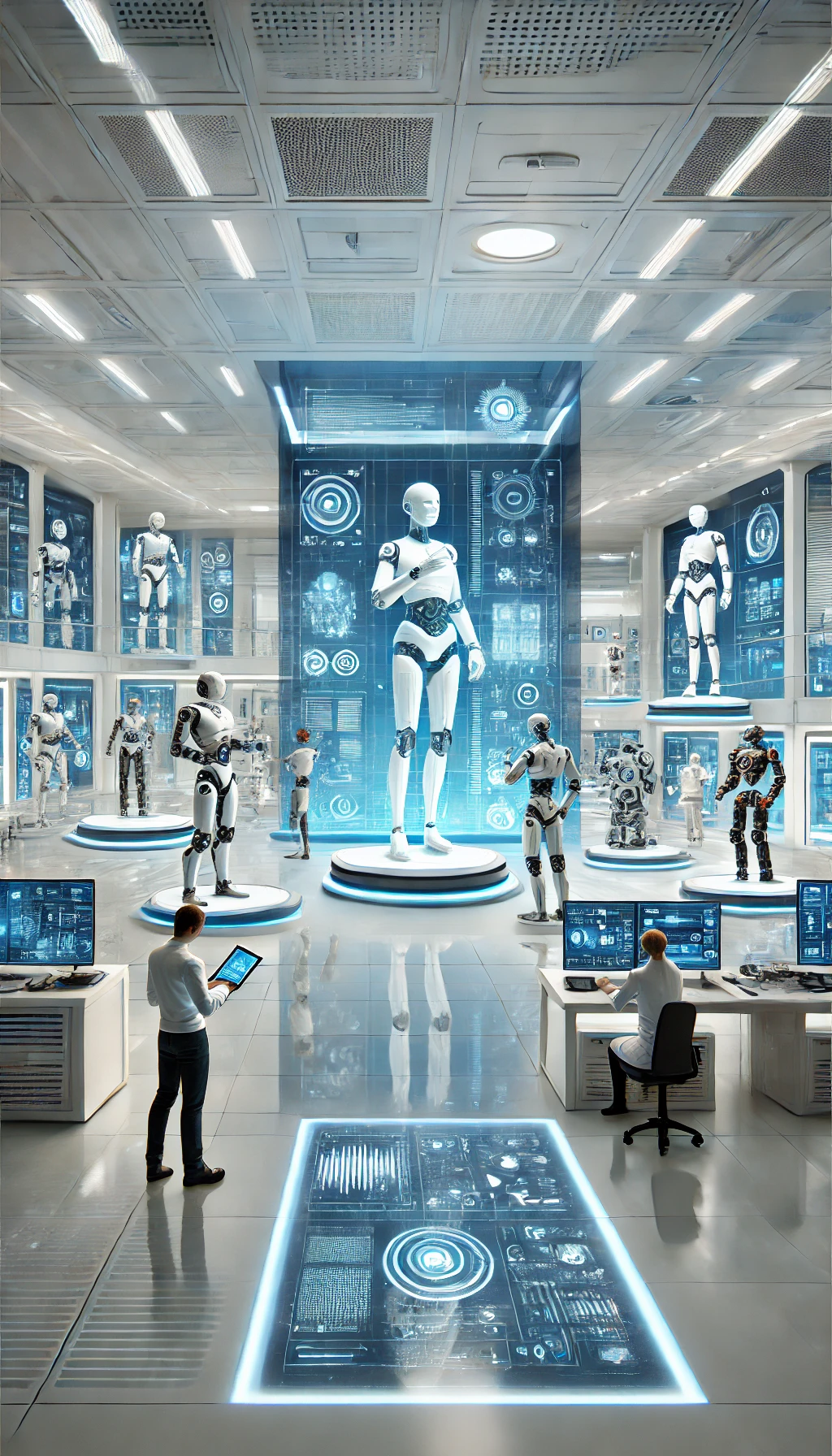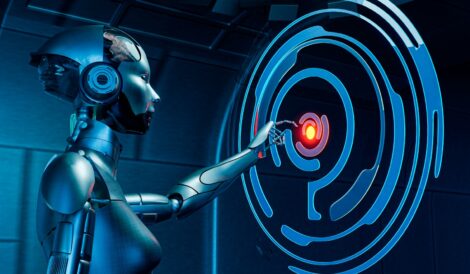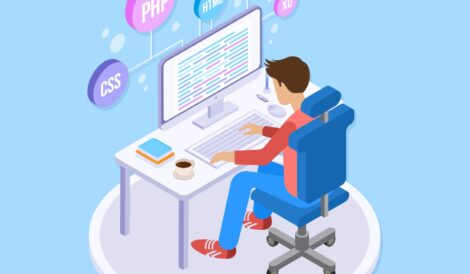In recent years, the integration of Robotics and AI into healthcare has revolutionised the industry, making it an exciting area of exploration for those interested in a robotics and AI course. This technology is not only improving patient outcomes but also reducing errors and enhancing operational efficiency, thus reshaping the future of healthcare.
1. AI and Robotics: The Backbone of Modern Healthcare
In the context of healthcare, robotics and AI offer significant advancements, from diagnosis to patient management. Robotics courses in Kochi focus on the practical applications of these technologies in modern healthcare, where AI-powered tools and robotic systems assist in diagnosis, treatment planning, surgery, and patient care.
2 .Revolutionising Patient Diagnostics
AI has transformed diagnostics with advanced imaging analysis (MRI, CT scans) and predictive analytics. Robotics and AI in healthcare have enabled the early detection of diseases, especially in fields like oncology and cardiology, significantly improving accuracy and patient outcomes.
3. Robotic Surgery: Precision and Minimal Invasiveness
Robotic-assisted surgeries, such as those performed by the da Vinci Surgical System, emphasise precision, reduced recovery time, and minimal invasiveness. A robotics course in Kochi can provide hands-on knowledge about these systems and their impact on complex surgeries, showcasing the power of robotics in healthcare.
4. AI in Predictive Healthcare and Personalized Treatment
AI algorithms now predict potential health issues by analysing patient data, allowing for preventive healthcare measures. Personalised medicine is another key area, where AI tailors treatments based on individual genetic, lifestyle, and medical data. **Robotics and AI courses** delve into these personalised approaches, equipping students with skills to handle predictive healthcare technologies.
5. AI and Robotics in Patient Care and Rehabilitation
Robots play a crucial role in patient care, particularly in elder care and rehabilitation. Robotic exoskeletons assist with mobility, and AI-enabled devices monitor patient health in real-time, allowing for dynamic adjustments in care. These advancements underscore the practical value of robotics courses in understanding patient support technologies.
6. Challenges and Ethical Considerations
While the role of robotics and AI In healthcare is transformative, challenges remain, such as data privacy, job displacement, and ethical concerns regarding patient consent and human oversight. Addressing these issues is vital for sustainable growth in the field, a topic often covered in depth in robotics and AI courses.
Conclusion
The combination of Robotics and AI is reshaping healthcare, making it more efficient, accessible, and accurate. By engaging in robotics courses in Kochi individuals can gain insight into the transformative potential of these technologies. As we move forward, ethical frameworks must guide the use of AI and robotics in healthcare, ensuring these innovations serve humanity effectively.




